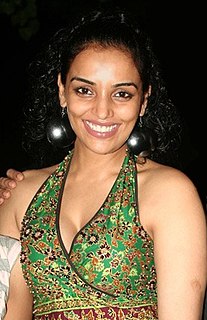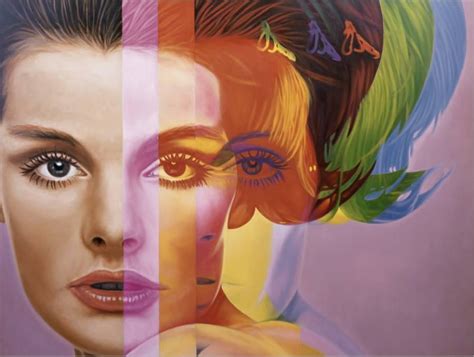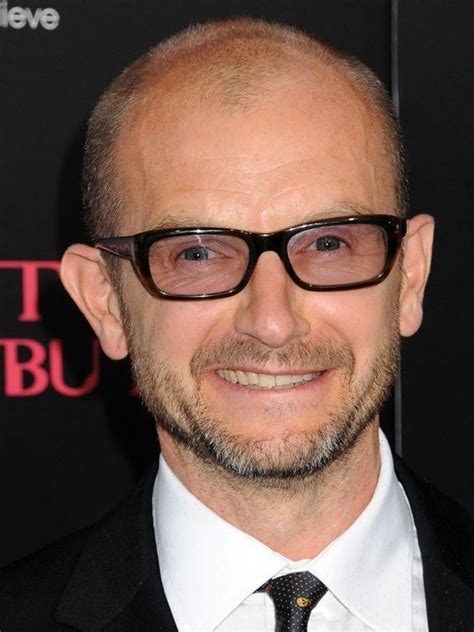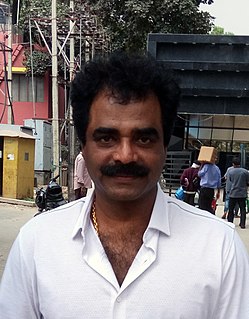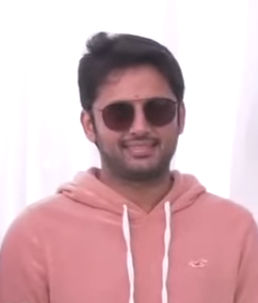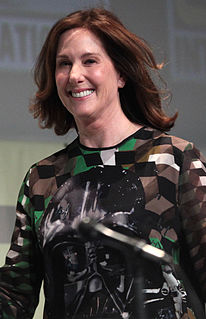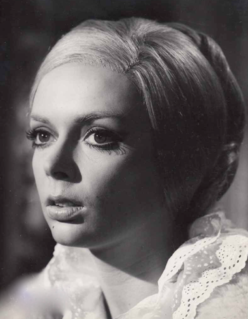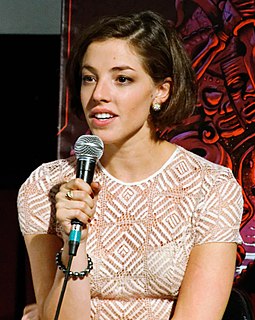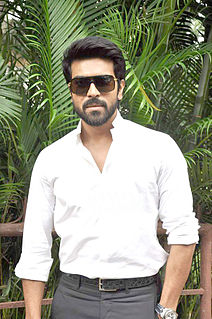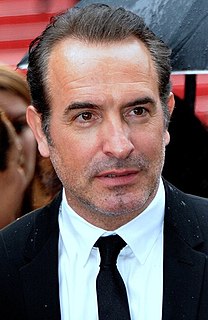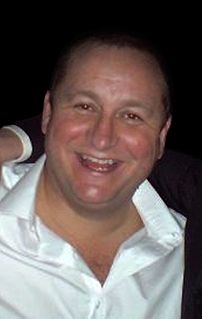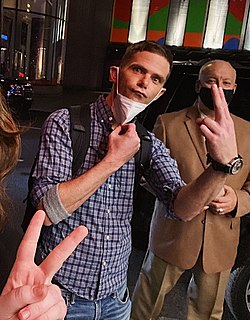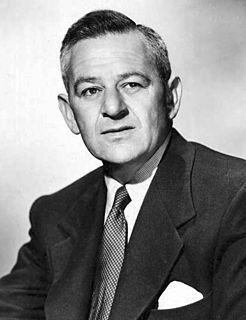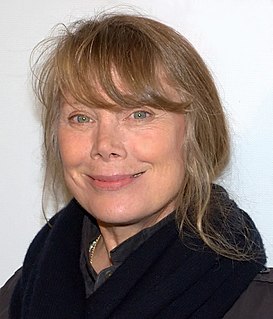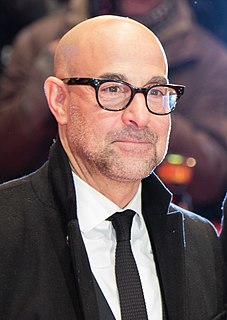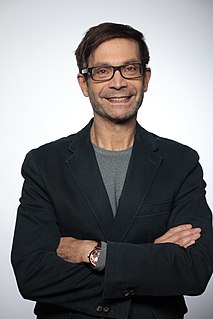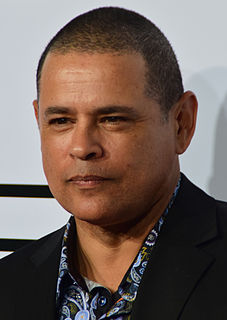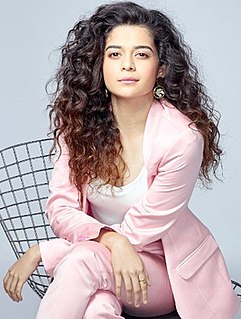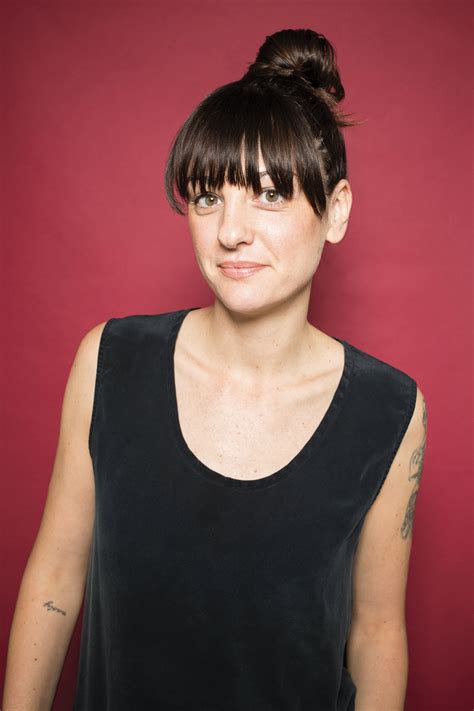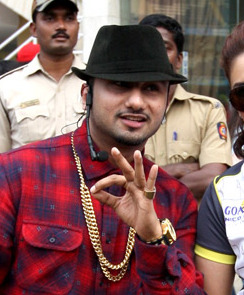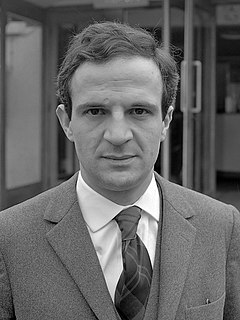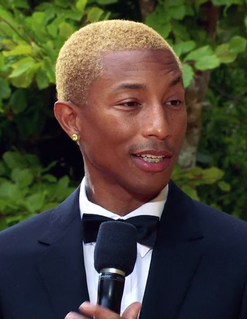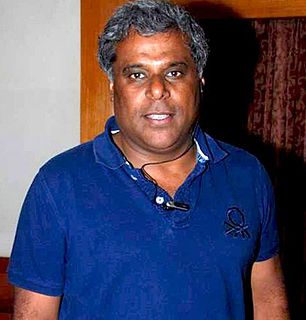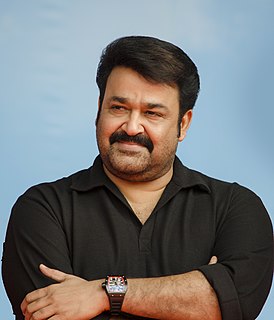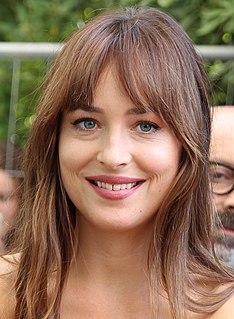Top 1200 Film Set Quotes & Sayings - Page 19
Explore popular Film Set quotes.
Last updated on December 22, 2024.
I was very conscious of the film industry - a lot of people, neighbors, worked in it. I actually grew up doing a bit of extra work myself. I was homeschooled, and it was a way that I could make money. My parents let us do these jobs, and I never got very far, but I was much more interested in what everybody else was doing, and I liked being on set.
Every time I try to set something in Chicago, I get intimidated by 'Augie March.' It's easy to set something in Indianapolis - we don't have 'Augie March' here. But I love writing about Chicago, and I love being there and imagining lives in Chicago. I hope to set something there in the future, but it's intimidating.
This is a universal, unique movie, it has potential to cross barriers. But we never thought about that on set, when we were doing the film. We knew that in making a silent movie, we were doing something a little bit under the wire, a bit interdit. It's a pastiche, but for the French taste, you would have thought.
These types of films that are psychologically sort of dark at times, I find extremely exciting to do because there's always something to think about. There's nothing more boring than to show up on set and say a line and know that your character means exactly what they say. It's interesting to have an unreliable narrator in a film and that's what both of those films have been.
The first thing I say when people ask what's the difference [between doing TV and film], is that film has an ending and TV doesn't. When I write a film, all I think about is where the thing ends and how to get the audience there. And in television, it can't end. You need the audience to return the next week. It kind of shifts the drive of the story. But I find that more as a writer than as a director.
My filmmaking style of remixing came out of necessity. When I was a film theory student at UC Berkeley in the early 1990s, there were no film production facilities. The only way I learned to tell stories on film was by re-cutting and splicing together celluloid of old movies, early animated films, home films, sound slug - anything I could get my hands on.
If you make a film, that magic is not there, because you were there while shooting it. After writing a film and shooting it and being in the editing room every day, you can never see it clearly. I think other people's perception of your film is more valid than your own, because they have that ability to see it for the first time.
Even if the film doesn't come out quite as you'd hoped, the process can also be very rewarding. I feel that way about a film called 'Lay the Favorite' that I made with Stephen Frears. I did that because the character was a real leap for me. The film doesn't quite all add up internally, but I feel very proud of what I did on it.
I don't think RADA wanted me, actually. When I was at Oxford I had a boyfriend at Central [School of Speech and Drama] and it looked like the most fantastic life, but I think not going makes you more free. Nothing can teach you what it's like to work on a film set, and the best education there can be for an actor is to walk up the street and observe human nature.
Film and television are very different. On the TV show, we do seven or eight scenes a day, so time and money are of the essence, and we have zero room for creativity because you've got to do each scene in only five takes. Whereas, on a film, you have an entire day to film one scene, so you have so much time to choose how you want to fill in a scene.
